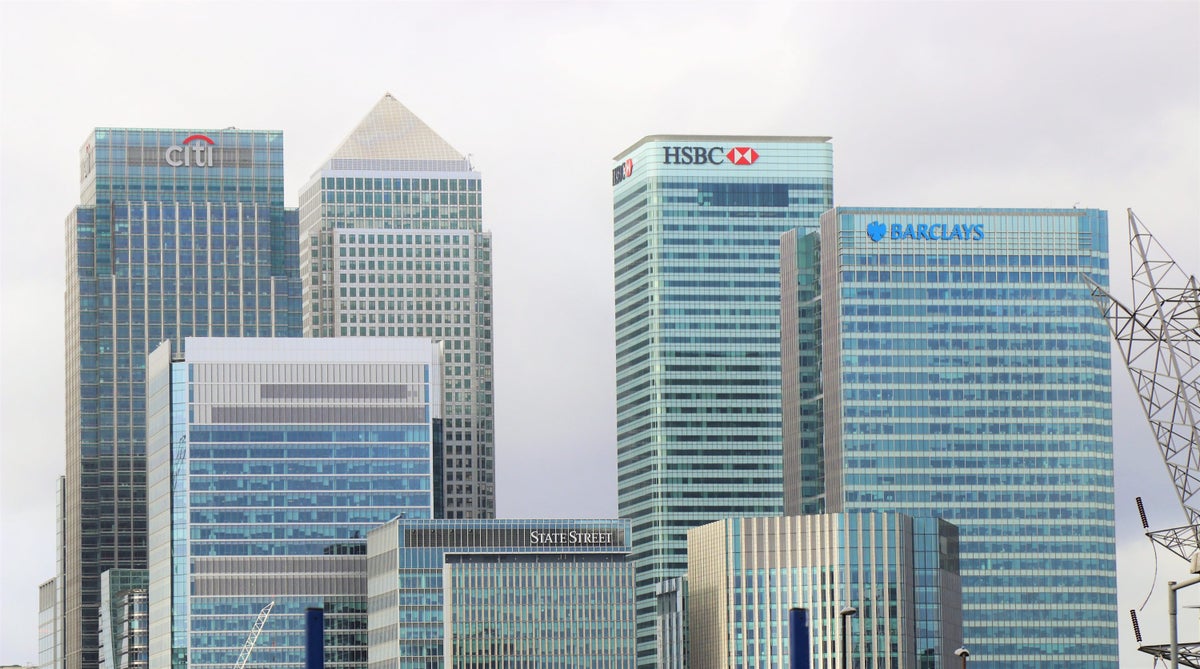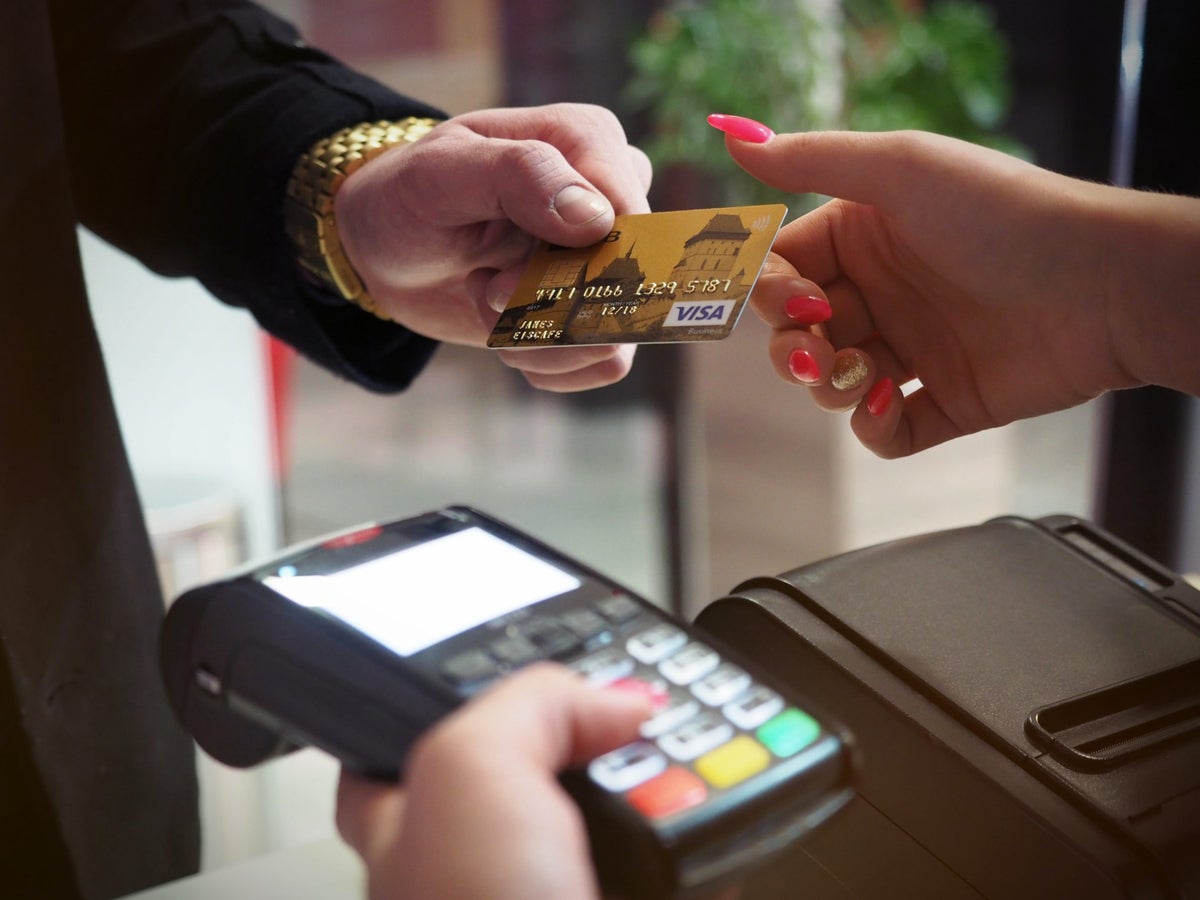Christy Rodriguez
Christy Rodriguez
Former Travel and Finance Content Contributor
85 Published Articles
Countries Visited: 36U.S. States Visited: 31
After having “non-rev” privileges with Southwest Airlines, Christy dove into the world of points and miles so she could continue traveling for free. Her other passion is personal finance, and is a cer...
Edited by: Keri Stooksbury
Keri Stooksbury
Editor-in-Chief
118 Published Articles 3859 Edited Articles
Countries Visited: 54U.S. States Visited: 28
Editing with Upgraded Points for over 6 years, as editor-in-chief, Keri manages the editorial calendar and oversees the efforts of the editing team and over 15 content contributors, reviewing thousand...
& Kellie Jez
Kellie Jez
Director of Operations
6 Published Articles 1239 Edited Articles
Countries Visited: 10U.S. States Visited: 20
Kellie’s professional experience has led her to a deep passion for compliance, data reporting, and process improvement. Kellie’s learned the ins and outs of the points and miles world and leads UP’s c...
![What Is ChexSystems? Everything You Need To Know [2025]](https://upgradedpoints.com/wp-content/uploads/2021/01/Piggy-Bank-Savings-Account.jpg?auto=webp&disable=upscale&width=1200)



![CareCredit® Credit Card — Review [2024]](https://upgradedpoints.com/wp-content/uploads/2020/05/Synchrony-CareCredit-Card.png?auto=webp&disable=upscale&width=1200)


